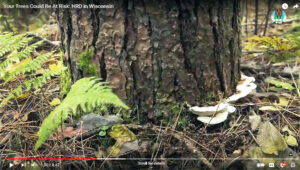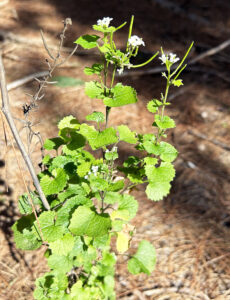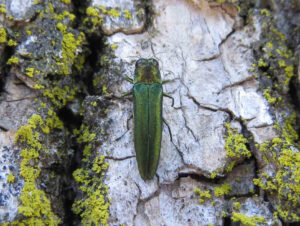The Wisconsin Department of Natural Resources (DNR) is offering free tree seedlings to every fourth-grade student in Wisconsin as part of the department’s annual Arbor Day tree planting program.
Wisconsin fourth grade principals, teachers and those who homeschool can now place seedling orders and coordinate delivery by completing the 2024 Arbor Day application by March 15, 2024.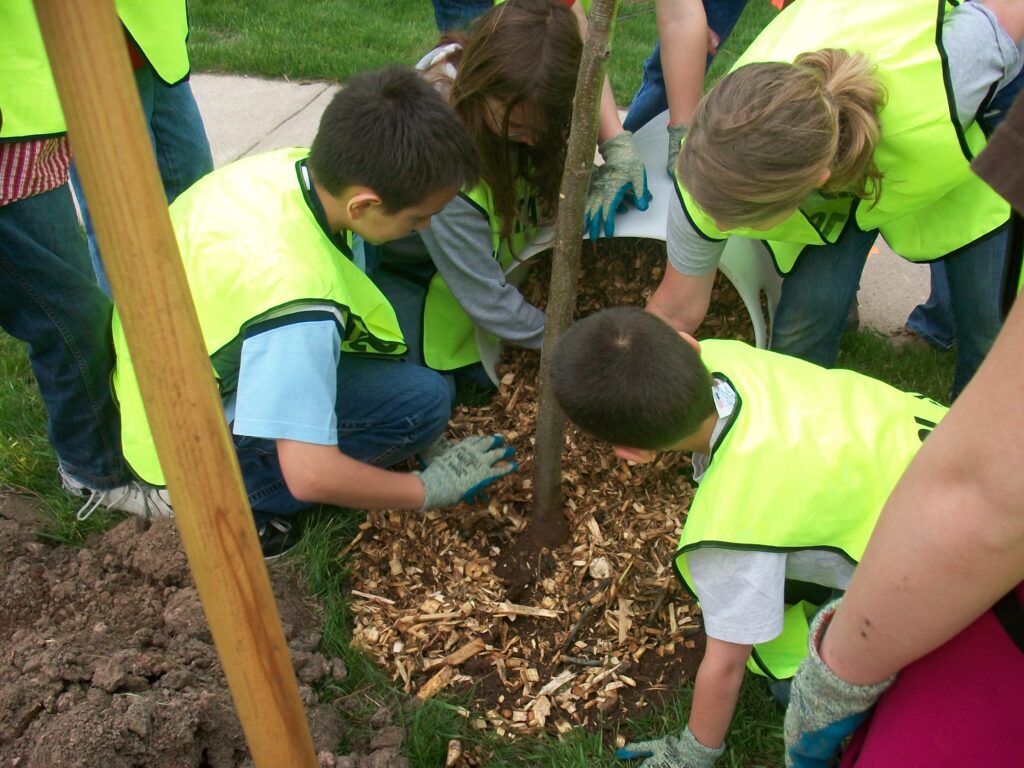
Planting seedlings from state nurseries is a great way to celebrate Arbor Day (April 26, 2024) which is dedicated to increasing the number of trees across the country to help improve the environment. By ordering seedlings, you can help.
Through its fourth grade Arbor Day tree planting program, the DNR provides interactive education to Wisconsin students around the importance of trees within our environment. Annually, the DNR provides approximately 50,000 free tree seedlings to fourth-grade students throughout the state. Continue reading “DNR Offers Free Tree Seedlings To Wisconsin Fourth Graders Ahead Of Arbor Day 2024”

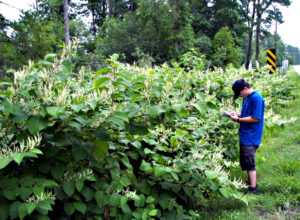
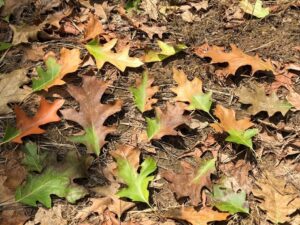
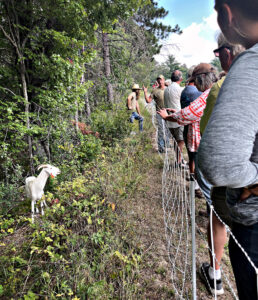
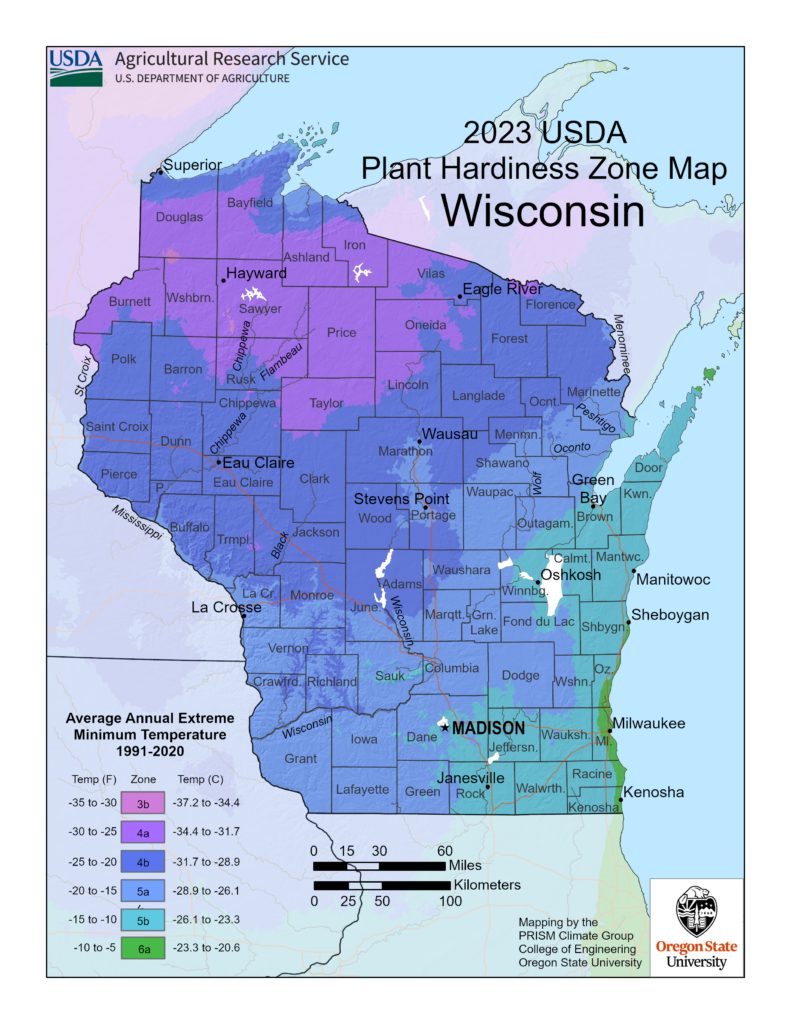 Thirty years of data was reviewed by a group of horticultural, botanical and climatological experts for the latest USDA Plant Hardiness Zone Map revision. This was determined to be the best balance between the fluctuations of year-to-year weather variation and the concept that, during their lifetimes, perennial plants mostly experience what is termed “weather” rather than “climate.” A complex algorithm was used for this edition of the Plant Hardiness Zone Map to enable more accurate interpolation between weather reporting stations. This method accounts for factors such as elevation change and proximity to bodies of water, making mapping zones more accurate.
Thirty years of data was reviewed by a group of horticultural, botanical and climatological experts for the latest USDA Plant Hardiness Zone Map revision. This was determined to be the best balance between the fluctuations of year-to-year weather variation and the concept that, during their lifetimes, perennial plants mostly experience what is termed “weather” rather than “climate.” A complex algorithm was used for this edition of the Plant Hardiness Zone Map to enable more accurate interpolation between weather reporting stations. This method accounts for factors such as elevation change and proximity to bodies of water, making mapping zones more accurate. 
